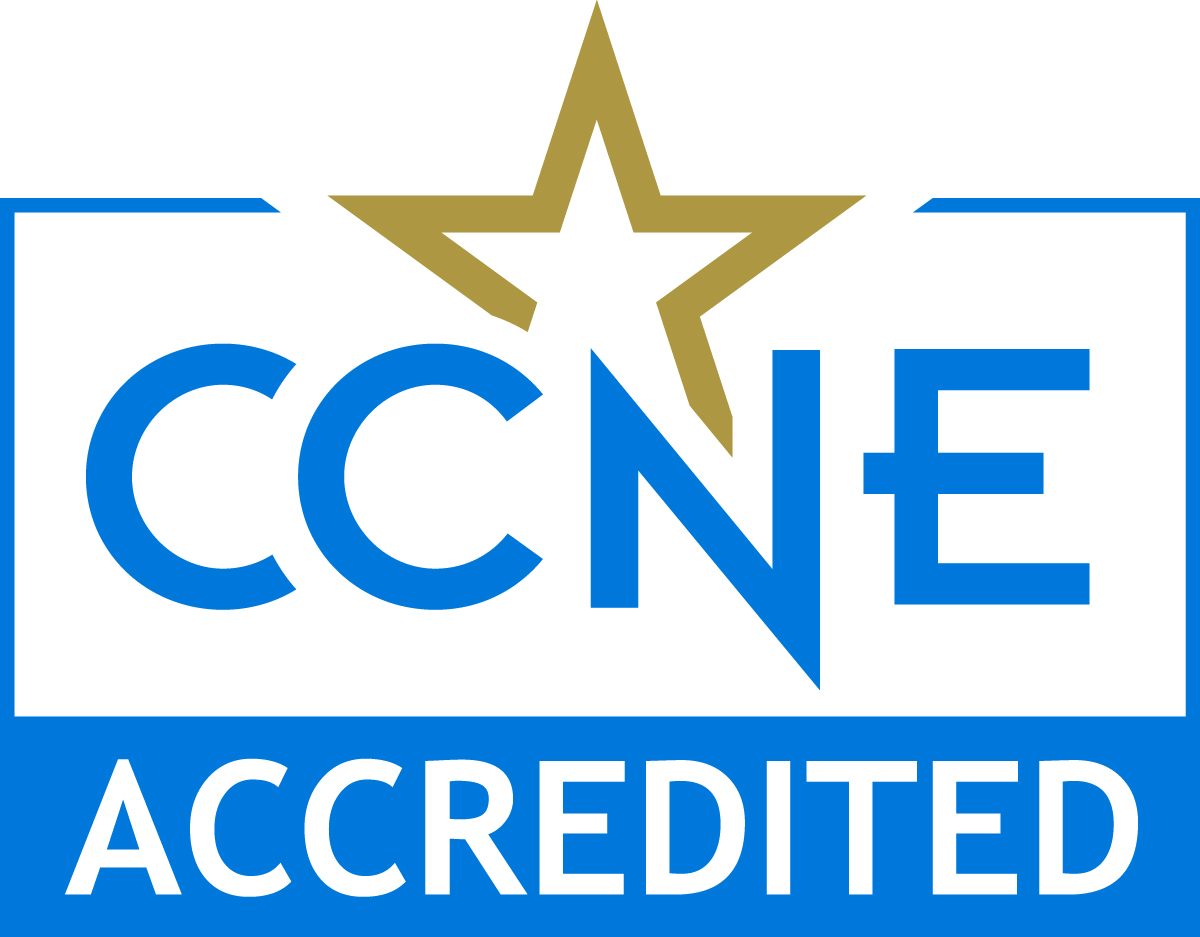Program Overview

Return to the W. Cary Edwards School of Nursing and Health Professions Homepage
The Bachelor of Science in Nursing (BSN) degree program for RNs is designed for registered nurses who want a quality education with the convenience and flexibility that an online program can offer. Policies are in place that allow for maximum credit transfer, multiple methods of credit earning, and degree completion. The upper-division nursing requirements are offered through two consecutive 8-week online courses every term and includes asynchronous online-mentored group discussions that provide the opportunity for RNs to share and learn from their varied experiences in healthcare settings throughout the country. The program's unique format enables students to take up to 12 credits toward the Master of Science in Nursing (MSN) degree as they pursue their BSN degree. Upon completion of the BSN degree program, graduates are prepared to practice as nurse managers and leaders, and providers of care, as well as for continued study.
The BSN/MSN options are designed for RNs who want to conserve time and money by pursuing both the Bachelor of Science in Nursing and the Master of Science in Nursing degree programs. Students in the BSN/MSN option will complete the MSN degree without the need for an additional application. The BSN degree will be awarded upon completion of all degree requirements to RNs pursuing the BSN/MSN option as well as those completing the BSN degree only.

The baccalaureate degree program in nursing, master's degree program in nursing, and Doctor of Nursing Practice program at Thomas Edison State University are accredited by the Commission on Collegiate Nursing Education, 655 K Street, NW, Suite 750, Washington, DC 20001, 202-887-6791.
RN to BSN Program Details
While there are few subjects specified in general education requirements for the BSN degree for RNs, it is expected that all students will choose those subjects with content supportive to the discipline of nursing and subjects that prepare them for continued study upon graduation, in addition to those subjects of personal interest.
Subjects required of all BSN degree students are English composition, mathematics, anatomy and physiology, statistics, ethics, and microbiology. The anatomy and physiology, and microbiology requirements for RNs are generally satisfied by course work completed in the associate or diploma nursing program.
Course advisories or prerequisites are stated where previous knowledge of a subject or completion of other course work is considered essential to success in course completion, or where specific documentation of eligibility for a course is required.
It is important to make an appointment with a nursing academic advisor to develop a plan of study to complete all general education and nursing requirements.
Statistics is required prior to enrollment in: Exploring Evidence-Based Practice and Research in Nursing (NUR-4190) and Evidence-Based Nursing Practice (NUR-5300) in the MSN program.
It is important to check with a nursing academic advisor prior to registering for any general education courses to be sure that selected courses meet specific general education requirements.
Lower-Division Nursing
The 20-credit lower-division nursing requirement will be satisfied by transfer credit from an associate degree nursing program or by award of credit for diploma nursing program course work.
Upper-Division Nursing
The 28-credit upper-division nursing requirement may be completed entirely online with courses offered by the W. Cary Edwards School of Nursing and Health Professions. Four graduate courses: Health Policy; Nursing Informatics: Concepts and Issues; Advanced Health Assessment; and Financial Management in Nursing Practice will be completed by all BSN degree students as part of upper-division nursing requirements without additional charge. These 12 graduate credits may apply to MSN degree requirements at Thomas Edison State University*. All information related to the nursing courses offered by the W. Cary Edwards School of Nursing and Health Professions may be found in this publication and the Student Handbook. Students interested in using transfer credit, or prior learning assessment (PLA) options for these online courses should first consult with a nursing academic advisor.
Electives
Twenty-four credits of course work or examinations that do not duplicate other credits may be used, with a maximum of 8 credits from physical education activity courses. Credits from lower-division prior learning may fulfill this requirement.
*Only 9 credits will transfer into the MSN Nurse Educator area of specialty.
NOTE:
It is the student’s responsibility to satisfy all advisories and prerequisites prior to course registration.